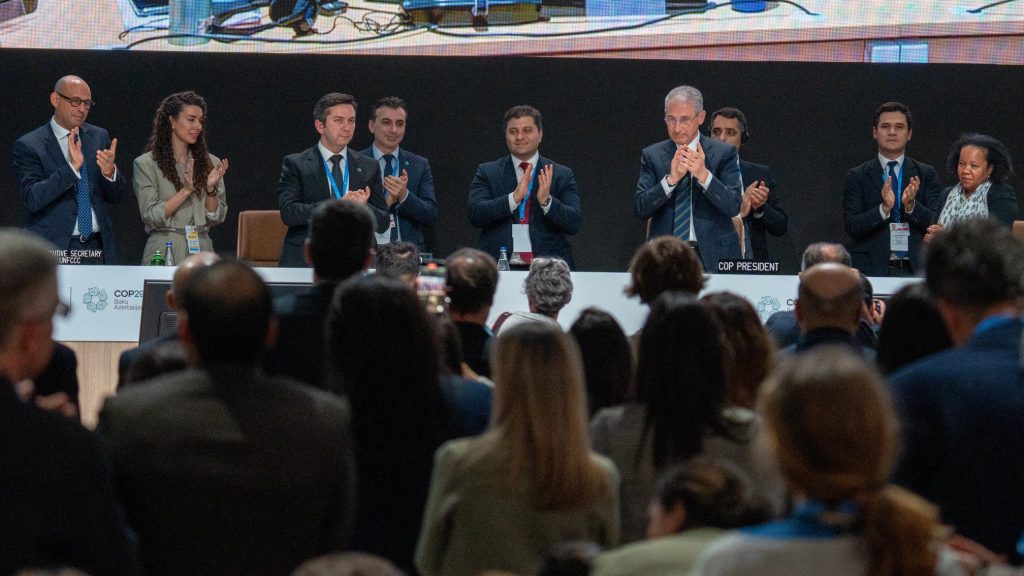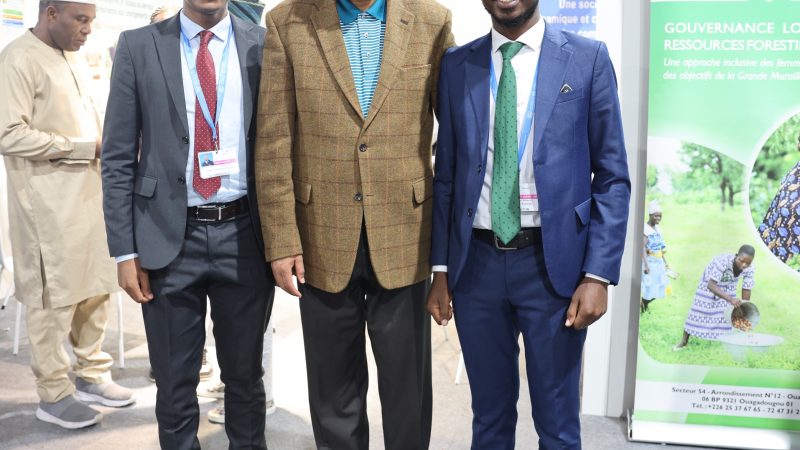
The COP29 has ended with developed nations committing to channeling at least $300 billion annually into developing countries by 2035 to support their efforts in addressing climate change. Nearly 200 countries participated in the 29th Conference of the Parties to the UN Framework Convention on Climate Change (COP29) in Baku, Azerbaijan.
A statement from the COP29 Presidency of Azerberdjan said this figure represents a $50bn increase on the previous draft text and is the product of 48 hours of intensive diplomacy. “It pays special consideration to support the least developed countries and small island developing states, with provisions on accessibility and transparency,” the statement said.
This deal in Azerbaijan replaces an earlier one agreed in 2009 at COP15 in Copenhagen which committed developed countries to give $100 billion a year to developing nations. Developing countries had earlier called on developed countries to commit to raising $1.3 trillion annually for climate finance.
However, negotiators reached a more flexible agreement, setting a target to raise $1.3 trillion per year by 2035 from a broad array of sources, including private investments. Some delegates gave the deal a standing ovation in the COP29 plenary hall, praising the agreement as a step forward. However, others strongly criticized wealthy nations for not committing more, expressing frustration that the deal fell short of their expectations.
Kofi Don-Agor, President of Climate Communications and Local Governance-Africa said: “I remain unconvinced about the outcome of the COP29, despite the successful agreement on the second phase of the financial goal for the implementation of countries’ Nationally Determined Contributions to the Paris Agreement.” “In spite of the success, the agreement still remains vague on how these funds will be mobilised into the established existing funds, including the Adaptation Funds, Loss and Damage, and the Green Climate Fund,” he added.
Mr. Don-Agor said there is a need for concrete financial commitments and transparent tracking mechanisms to ensure that climate finance goals are met. He, however, challenged Ghana to position itself to benefit from these funds.
Earlier, Dr Antwi-Boasiako Amoah, the Acting Director in charge of Climate Vulnerability and Adaptation at the Climate Change Department of the Environmental Protection Agency expressed concern previous promises had not been met. “…we have been duped before. Where funds that are not climate-related are branded as climate finance. This has been accounted for as part of the $100 billion,” he said in an interview with the GNA.
“People are saying that at this moment, climate financing cannot be the sole burden of developed countries and therefore, the base must be widened up… However, under the Paris Agreement, developed country parties are supposed to provide climate finance for developing countries to address their climate needs,” he added.
Earlier, some youth at the COP29 also called for the prioritization of young people in the climate financing scheme. “COP 29 must deliver at least 10% of climate finance to youth-led climate-resilient initiatives and a grant-based climate finance goal that supports sustainable food systems through programmes such as Climate Friendly School Feeding Programme,” said Dolphine Magero, Founder of Green Youth Climate Fund Initiative.




